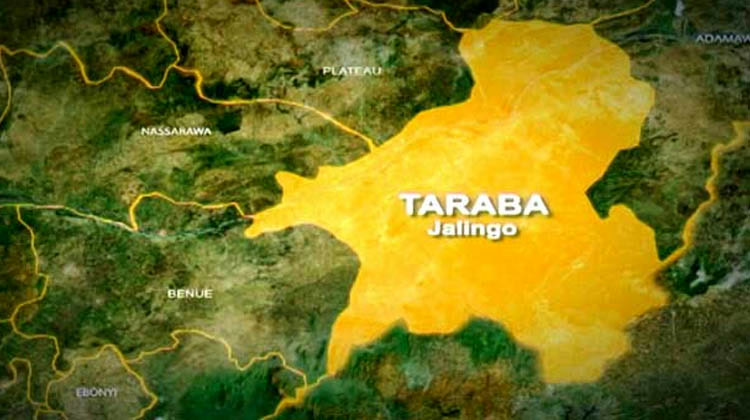Taraba Muslim Council Prohibits Wedding Celebrations in Jalingo Over Moral Concerns
The Taraba State Muslim Council has imposed a comprehensive ban on all wedding festivities within Jalingo, the state’s capital, citing concerns over behaviors deemed inappropriate and contrary to Islamic values.
Community Leaders Unite to Enforce the Ban
Announced on a recent Saturday by Imam Tajudeen Nuhu, the Chief Imam of Mayo Gwoi Jummat Mosque, this directive follows extensive consultations involving Islamic scholars, traditional chiefs, and local government officials. The collective decision aims to curb activities that undermine the moral fabric of the community.
Targeting Specific Festivities Known for Excesses
The prohibition specifically addresses popular wedding-related events such as the Kauyawa and Ajo parties. These gatherings are notorious for attracting large groups of young people who often engage in late-night dancing and wear attire considered inappropriate by religious standards.
Strict Penalties for Non-Compliance
Imam Nuhu emphasized that any family violating the ban will face significant religious sanctions. These include the refusal of imams to officiate their Nikah (marriage contracts), as well as the denial of conducting funeral prayers, naming ceremonies, or delivering wedding sermons within their households. This measure is intended to reinforce adherence and discourage disregard for the council’s ruling.
Context and Broader Implications
This move reflects a growing trend among religious authorities in Nigeria to regulate social events that may conflict with cultural and religious norms. Similar restrictions have been observed in other states aiming to promote modesty and community discipline. According to recent surveys, over 60% of residents in northern Nigerian states support such measures to preserve traditional values.
Looking Ahead
As the ban takes effect, community members and event organizers in Jalingo are urged to comply to avoid social and religious repercussions. The council has pledged ongoing monitoring and engagement with stakeholders to ensure the policy’s success and maintain harmony within the state.






















0 Comments